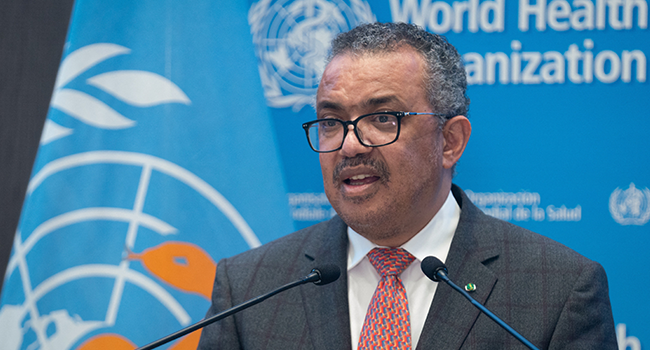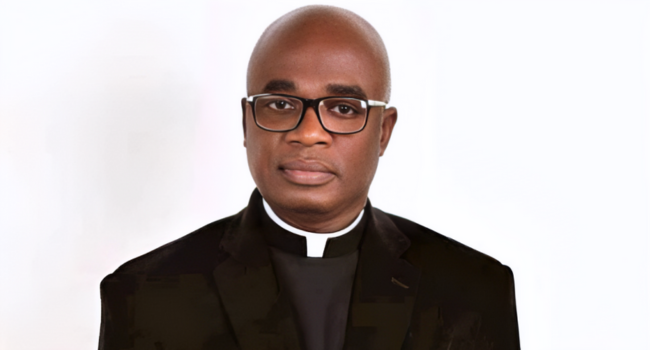
The Nigeria Centre for Disease Control (NCDC) has confirmed three more cases of the Omicron variant of the COVID-19.
This was disclosed in a statement on Tuesday, bringing the total number of confirmed cases of the Omicron variant detected in Nigeria to six.
Three cases had earlier been announced on December 1.
According to the statement, all the Omicron cases so far were detected in persons with recent travel history to South Africa in November.
“The NCDC through the National Reference Laboratory (NRL) continues to coordinate genomic surveillance activities across the country to sequence all positive COVID-19 samples from international travellers arriving in Nigeria,” the statement read.
“This includes sequencing of positive samples from international travellers from October 2021 to date. The Delta variant remains the dominant variant and so far, we have not seen the replacement of this variant by the new Omicron variant as observed elsewhere.
“The Omicron variant is a source of global concern because of its increased risk of transmissibility and its potential to escape protective immune responses induced by natural infection and/or vaccination.
“Taken together, and if true, the Omicron variant can significantly change the current global COVID-19 epidemiology. There is currently no evidence of generalised or community transmission of this variant in Nigeria. However, the NCDC will continue coordinating and implementing genomic surveillance activities in-country to keep Nigerians reliably informed about existing variants, the Omicron and indeed other variants that may arise based on national data and emerging global evidence”.
In line with Article 44 of the International Health Regulations 2005 (IHR) reporting framework, the Federal Government through the NCDC says it has also been notified by the UK Government of seven cases of travellers from Nigeria with the Omicron variant.
Consequently, the NCDC said with the increasing number of Omicron cases in the UK, it is now prioritising the sequencing of COVID-19 positive samples in travellers with a history of travel to the UK.
“All viruses naturally mutate over time, including SARS-CoV-2, the virus that causes COVID-19. Since SARS-CoV-2 was first identified, several mutations have occurred with the emergence of new lineages.
“This will continue to happen as long as the world does not act in concert to significantly reduce transmission through vaccination and adherence to effective public health measures such as mask use, physical distancing, hand hygiene, and ensuring good ventilation,” the statement read.
The NCDC and the Federal Ministry of Health, therefore, urged members of the public to continue to take personal and collective responsibility to ensure the safety of all Nigerians.
It also reiterated that compliance with the travel protocols provided by the Presidential Steering Committee on COVID-19 (PSC-COVID-19) is mandatory for all international travellers arriving in Nigeria from any country.
According to the agency, all incoming travellers should ensure their Day 2 and Day 7 tests are done as stipulated in Nigeria’s travel advisory “otherwise, there will be consequences for defaulters which may include publication of their details, suspension of their passports and ban on travel to Nigeria by the PSC-COVID-19”.




